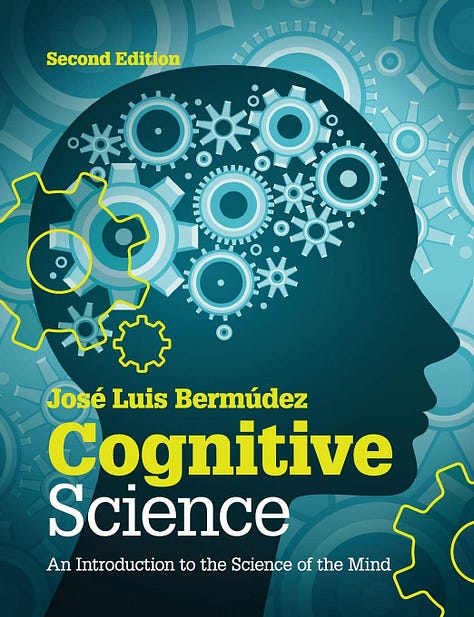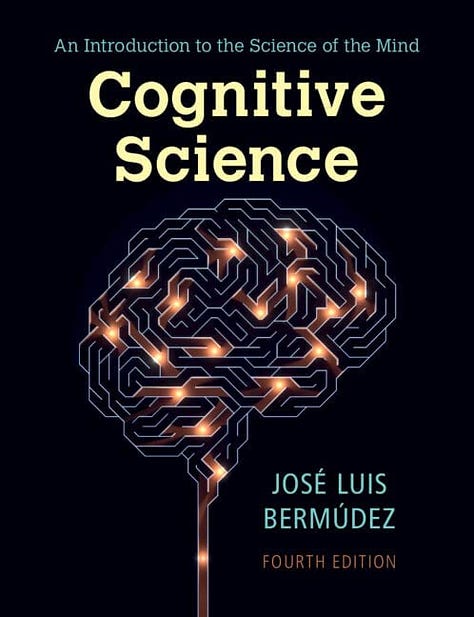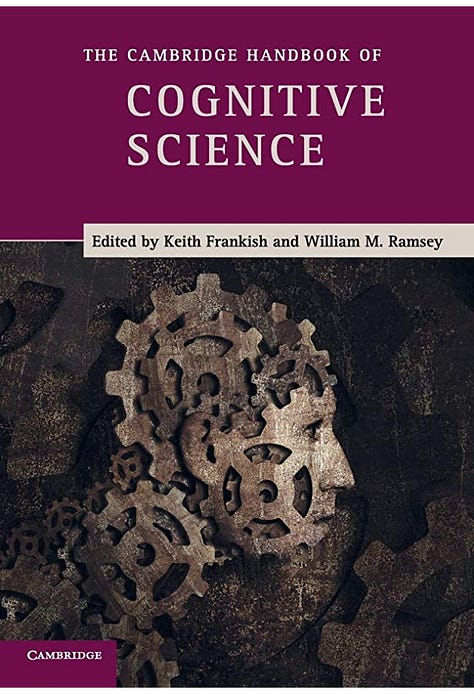warped field dynamics
the type of person who dominates a given field tends to create a perception-warp that alters the field itself - and no, spirituality is not exempt
there’s a feedback dynamic around groups, fields, ideologies, traditions, anything where people come together and sociological dynamics come into play—it goes something like this:
a certain type of person tends to be attracted to a field, for whatever reason. it might not even be a reason that makes sense to most of the original proponents1, but that doesn’t matter.
once that type of person has come into the field, they of course start to bend it towards their way of thinking. bit by bit they emphasize the parts that make sense to them and de-emphasize the parts they think are beside the point.
this strengthens the effect, acting as a beacon for more of That Type Of Person to find the field and relate strongly to it
this further affects the field, bending it to reflect the worldview of The Type Of Person who is attracted to it enough to become an expert in it. then people who aren’t experts see the worldview the field is projecting, and decide that such a worldview is just What Reality Is
there are subtle and extreme versions of this all over the place;; one that’s pretty easy to point to is cognitive science. the type of kid who goes to college and decides to become A Cognitive Scientist or A Neuroscience Researcher or whatever—they tend to be the type of person who look at textbooks and illustrations like these and go “yeah, that’s the human mind, that’s what it’s like!”






so the field attracts more systematic, mechanically-minded left-hemisphere types, generation after generation, and those people continue doing work that strengthens and projects the worldview that The Human Mind Is A Computer,
and eventually, that view becomes so synonymous with the field that the larger public starts to take it as axiomatic, Just The Way Things Are; and then we get more and more people losing track of the metaphor and thinking it’s literal—thinking that the human mind works on algorithms and next-token prediction and so on.
all because of a quirk of sociological dynamics that kept perpetuating and reifying itself
this happens in basically every field, and almost everything in a given field is somewhere downstream of it. it can be an enlightening exercise, reading up on the history and social dynamics of a field to watch just how malleable & alive it is—how the shape it has today is not an inevitable outcome of the field itself, but a product of the types of personalities that shaped the field over time.2
today i’m mostly interested in one specific version of the dynamic, which, to state it plainly, goes something like this:
Religion & Spirituality Are Shaped by a Captivation with Suffering
this fact permeates spirituality on every level, from the lives of mythic founders to the ways people today tend to get into it
“i lost my job and didn’t know what to do with myself; i was lost and alone and afraid and had too much time to fill—so i took up meditation”
“my wife left, so i joined a monastery and stayed there for 3 years”
“i’d lost everything, and then i happened to sit next to a minister on the bus and he convinced me to dedicate my life to god”
“i saw a sick guy one time so i left my wife and kid and moved to the wilderness to starve myself and meditate”3
ten thousand thousand versions of this story, with the basic beats of “i bottomed out” leading to “i turned to spirituality for comfort”
the message is clear: spirituality is something you do to deal with suffering
this is echoed in religious traditions themselves:
christian churches are almost always centered on the image of christ suffering, being crucified, for you. he did this to save you from even more suffering in hell, which is also something you must organize your life around avoiding—even when it means suffering for your faith in this world.
the image of a devout christian monk depriving himself of food and whipping himself is a stereotype for a reason. those behaviors and attitudes were v real, and were carried out by people who, for centuries, shaped what christianity would become and guided it in particular directions
buddhism is almost too easy to mention: there are 4 noble truths and all of them are about suffering and how to avoid it. (or dukkha, unsatisfactoriness, whatever—for our purposes it comes down to the same thing)
basically any tradition you’d care to name, there’s a large element of their being shaped by suffering, struggle, despair, exile, bad karma, and the like.
it’s not just that they all include ways of relating to suffering—any complete picture of human life would have to do that—but that they all place a truly outsized emphasis on it, in many cases fully leaning into it as the center of gravity that everything else accretes around.
answering the question “what effects has this suffering-emphasis had on modern spirituality, religion, and people?” would take a pretty thick book. and i have a feeling some of it is so invisible that it would remain invisible, book or no book
there are a couple things that are pretty easy to spot though, and they’re worth pointing out at the beginning of this line of thought:
denigrating emotions: emotions have drawn the short straw for a long long time. it’s been getting better recently, but everything we have now has still been shaped by an attitude somewhere between “ignore your emotions, they’re distractions” and “crush your emotions, they’re holding you back.”
this attitude makes sense if the field has been shaped by people whose primary experience of emotion is “oh god why why this feels terrible oh god its all pain fuck fuck”
transcendence > immanence: there’s an undeniable focus in spiritual circles around transcending this foul broken world, escaping samsara, attaining heaven, and generally getting the hell out of this world. soul-traditions that focus on communing with the divine in this world, living here more fully, and being expressions of the immanent divine—these folks have tended to be persecuted as pagans and witches and fallen folk in league with the devil; or, in more charitable systems, simply as benighted fools who are too blind to see that this world must be escaped.
again, this makes sense if we notice that the worldviews in this field are shaped by generation after generation of people whose starting point on “what spirituality is” is that it’s a way out of the terrible suffering they were in before.
dissociation from the body: this body is a foul, beastly thing, and we must rise above it’s libidinous desires—starve it, beat it, teach it who’s boss; or at the very least, learn to ignore and distrust it, separate the clear, sharp blade of your mind from the mucky villainy of the body.
okay, things aren’t that bad nowadays, and it seems like we’ve turned a corner with somatic spirituality—it’s been on a meteoric rise for years now. but that rise has been fueled mostly by backlash to exactly this pattern of dissociation
and yet again, this attitude of creating a gap between “me” and “my body” makes sense if we remember that the people at the steering wheel for centuries have tended to be folks operating on a line of ‘reasoning’ that goes something like “wanting things that make you feel good leads to suffering when you don’t get them, my body wants lots of things like sex and dancing and food, i must learn to crush those wants and view my body as the enemy so that i can rise above the possibility of suffering”
that’s the simple version of 3 of the most common of these. there’s a dozen others we could trace back, and a dozen more that are so invisibly woven-in that they’re just invisible to us by now.
this all leads me to my actual point, the main area of inquiry:
What If We Didn’t Do That?
idk seems worth a shot
it would take some doing, that’s for sure. the fact is, a lot of us (me included) did come to spirituality through the suffering-door. that can’t be avoided
what we can do is decide to stop emphasizing that door, and attend to the ways that we emphasize it implicitly and explicitly
what we can also do is notice and emphasize the other ways in, the other centers, the other aspects of a soulful life that can draw us to practice
i am seeing more and more of this, it seems to be coming together. more emphasis on eros, aliveness, relationship, coherence—on developing positive aspects rather than decimating a negative one.
i can’t help but wonder what it would look like: a tradition of soul-work that has been shaped and guided for a hundred years by people who are lit up with aliveness and purpose and luxuriating in the open field of awareness—and who delight in expressing and sharing those qualities with others
who would that attract as the next generation of leaders? what would they emphasize? how would the dynamic shift?
for example, i think most buddhists (from any time or culture besides the past 30 years or so in the west) would be pretty flummoxed to see how much engineer-brained young men have swarmed to it.
don’t quote me on this, but i’m pretty sure i read some stuff at some point about how most theories and interpretations around certain quantum phenomena are all about equally likely — and the reasons that some are preferred over others basically comes down to “a charismatic guy in the field thought so, and his students all became the top professors and kept teaching it”
sorry gautama, i don’t mean to do you dirty like that;; but admit it ,the stories they tell about why you left are kiiiinda funny

